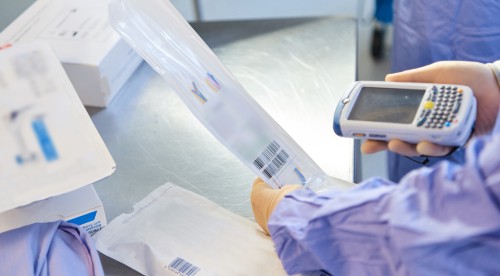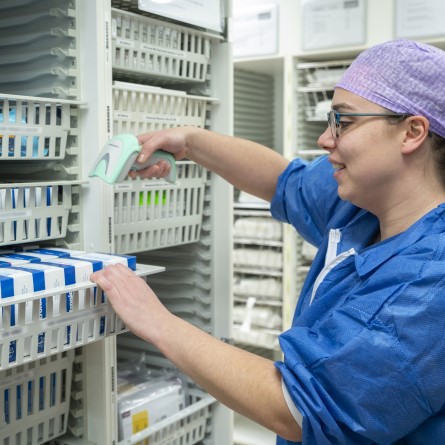On Tuesday 23 January, the European Commission announced changes regarding In Vitro Diagnostic Medical Devices Regulation (IVDR).
The release states, “the European Commission is proposing more time for companies to apply the In Vitro Diagnostic Medical Devices Regulation (IVDR), under certain conditions. With this revision, the Commission aims to ensure patient care by improving the availability of these essential healthcare products. The Commission is also proposing measures to enhance transparency in the Medical Device sector including by speeding up the launch of some elements of the European Database on Medical Devices – EUDAMED”.
Further information can be found in the press release and the full proposal.
The full proposal will now be put forward to the European Parliament and Council for adoption.

What do you need to know as a medical device supplier/manufacturer?
This proposal for targeted amendments addresses two urgent issues.
Firstly, it aims to further extend the transitional period for certain IVDs to mitigate the risk of shortages of these products, especially of high-risk IVDs, which are used, for example, to test for infections in blood or organ donations or for blood grouping for transfusions.
Secondly, the proposal aims to enable a gradual roll-out of the electronic systems integrated into the European database on medical devices (EUDAMED) that are finalised, instead of deferring the mandatory use of EUDAMED until the last of the six modules is completed.
What are the new timelines?
Under the measures announced, the additional time granted to companies depends on the type of device:
- high individual and public health risk devices such as HIV or hepatitis tests (class D) would have a transition period until 31 December 2027;
- high individual and/or moderate public health risk devices such as cancer tests (class C), would have a transition period until 31 December 2028;
- lower risk devices (class B such as pregnancy tests and class A sterile devices such as blood collection tubes), have a transition period until 31 December 2029.



